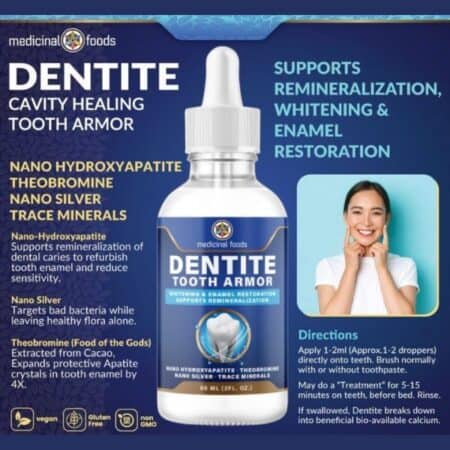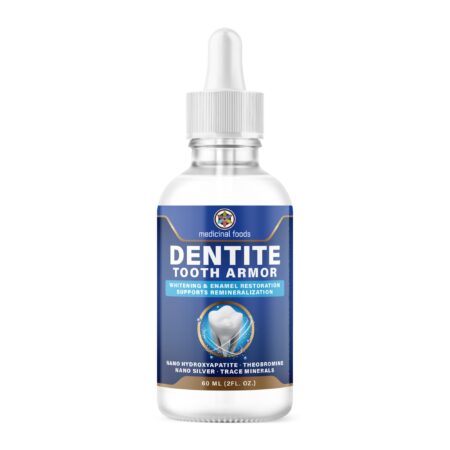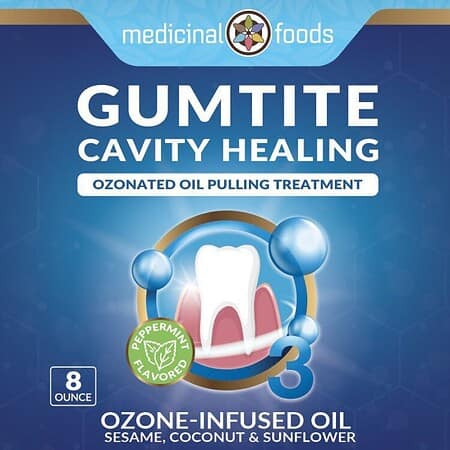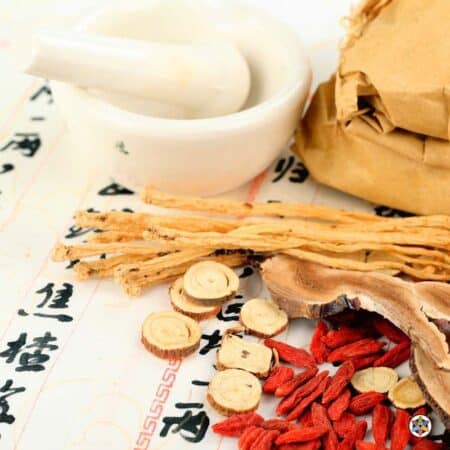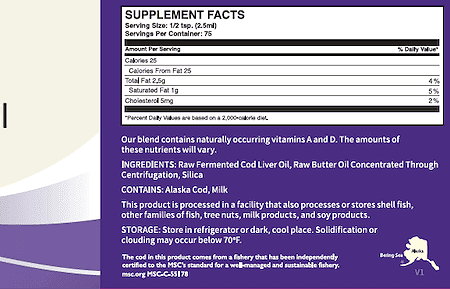You may have encountered probiotic foods as you walked down the grocery aisle.
Foods, vitamins, drinks, and even skincare items are now stocked with probiotics.
However, how well do we know about their health-promoting properties? Where can you acquire these if you don’t want to take supplements?
What are Probiotics?
Probiotics, such as bacteria, yeast, and fungus, are living microorganisms that can be consumed and beneficial to the body.
For example, a healthy digestive system relies on a healthy community of microbes that live in and around the gut.
What is the gut microbiome?
The microbiome of the intestines is made up of billions of organisms (bacteria and fungi, and viruses). When it comes to your body, germs are everywhere, including on your skin and even on the inside of your nose. In addition, the microbiome of the digestive tract:
-
Digest and provide the fuel for your body.
-
It is a source of vitamin C.
-
Your immune system relies heavily on this component.
-
Protects you against microorganisms that might be hazardous.
Probiotic Foods list
What type of organisms is included in this list?
Probiotics come in various forms, but a few types of bacteria are most typically utilized. These are a few examples:
-
Lactobacillus
-
Bifidobacterium
-
Yeast can produce probiotics, and they are known as Boulardii Saccharomyces.
Foods high in probiotics
There are a lot of probiotics in fermented foods and beverages. This is because yeast and bacteria break down food components (such as sugar) into various products (organic acids or alcohol).
Whole food items such as fruits and vegetables may be fermented, including dairy products.
All nutrients found in fermented foods are available to you whether you consume them in their full form, fermented or unfermented.
The "live and active cultures" label on a product at the store will tell you whether it has been fermented. Check out these popular drinks and foods:
Yogurt
Probiotics may be found in abundance in yogurt. They are a kind of good bacteria that may do wonders for your health.
Yeast ferments milk to make yogurt. For the most part, they are lactic acid bacteria and bifidobacteria. Yogurt eating provides several health advantages, one of which is stronger bones. People with high blood pressure might also benefit from it.
Antibiotic-induced diarrhea in young children may be alleviated by consuming yogurt. In addition, irritable bowel syndrome may also benefit from this treatment.
Those with lactose sensitivity may enjoy yogurt as well. Lactic acid is formed by bacteria breaking down lactose, which results in a sour taste in the yogurt.
However, it’s essential to remember that not all yogurt products contain active probiotics. In some instances, the living bacteria in yogurt were destroyed during the manufacturing process.
Before you buy any yogurt, make sure to read the label carefully. There may be substantial levels of added sugar even if the product is labeled as "low-fat" or "fat-free."
Buttermilk
Buttermilk is a generic name that encompasses a wide range of dairy fermented drinks. Traditional and cultured buttermilk are the two most common varieties.
As a byproduct of manufacturing butter, buttermilk contains a little water.
It is abundant in traditional buttermilk in India, Nepal, and Pakistan.
Buttermilk is low in fat and calories, but it’s packed with nutrients, including vitamin B12 and riboflavin, two of the body’s most important building blocks. Besides calcium and phosphate, it also contains magnesium and potassium.
Pickle
In India, pickles are the most frequent kind of fermented food. Salt from the sea and water are often used in the fermentation process.
Avoid using vinegar in the preparation of this product since it may include helpful nutrients. Their modest caloric content is complemented by high vitamin K and salt levels.
Kimchi
Foods strong in biotics, like kimchi, provide several health advantages. Radishes and cabbage are the primary ingredients in this Asian fermented meal. Additionally, lactobacillus kimchi and other bacteria that consume lactic acid are found in kimchi, which may aid digestion. In addition to vitamin K and riboflavin (vitamin B2), cabbage-based kimchi is a good source of iron and many other minerals.
Cheese
Many types of cheese are fermented; however, this does not imply that they are all high in probiotics: cheddar, mozzarella, swiss, and other soft cheeses are prepared with unpasteurized milk. As a result, beneficial microorganisms are found in abundance. Cheddar’s healthy bacteria levels increase with age, making it a better digestive aid.
Kefir
We recommend Kefir for lactose intolerant individuals. This milk drink kefir is created by adding kefir grain to goat’s or cow’s milk and fermenting. To assist the digestive system, Kefir has been shown to have anti-inflammatory and antibacterial effects.
Sauerkraut
In terms of probiotics, sauerkraut is not a standout, but it does contain organic acid (the acid that makes food taste sour) that aids in the development of healthy bacteria.
Germans love sauerkraut right now. Additionally, it contains significant levels of vitamin C and other digestive enzymes. Lactobacillus, a naturally occurring species of lactic acid bacteria, is abundant in this food.
Kombucha
Yeast and bacteria living in harmony are known as symbiotic colonies.
The Japanese were the first to discover the health benefits of kombucha, which has been around for almost 2,000 years.
Kombucha has many health benefits, but digestive assistance, increased energy, and liver purification are the most significant.
Natto bean
The fermentation of soybeans is the basis of this well-known Japanese cuisine. Antioxidant-rich Bacillus subtilis has been found in natto and has been demonstrated to boost the immune system.
Vitamin K2 digestion and cardiovascular health may also benefit from supplementation.
Natto also contains nattokinase, a powerful anti-inflammatory enzyme that has been shown to minimize blood clots. As a protein powerhouse, natto takes the top spot on our list..
Apple cider vinegar
A good source of gut flora is apple cider vinegar. In addition to lowering blood pressure, lowering cholesterol levels, and worsening insulin sensitivity, apple cider vinegar may help you get more probiotics into your diet.
It’s best to eat a modest bit every day or use it as a salad dressing.
Brined Olives
Probiotics abound in brine-cured olives. Salted pickles are a good option.
If your olives include sodium benzoate, a dietary ingredient that might impair the health benefits of this power food, you should avoid them.
Tempeh
Tempeh is also a healthy plant-based dietary source of protein, fiber, protein, and antioxidants, making it an excellent protein source.
In addition, due to its creamy consistency and a wide variety of flavors, it may be used in many dishes (such as the sandwich of Smothered Tempeh Sandwich made with red wine-braised mushrooms).
Advantages
Your immune system, digestive tract bacteria, and壯陽藥
more may benefit from taking probiotic supplements. Some of the health benefits are listed below.
-
When treating diarrhea, nothing beats the effectiveness and speed of recovery that comes with using probiotics.
-
Irritable Bowel Syndrome Treatment
-
Problems with mental health
-
Lower the elevated cholesterol levels.
-
Maintain a healthy blood pressure level.
What foods have probiotics?
How can you incorporate these foods into your diet?
A wide range of these products is available, enabling consumers to add as little or as much to their diet as they desire. It may be added to your diet in a variety of methods, including:
-
Probiotic yogurt, flax seeds, cherries, and almonds make up this healthy breakfast.
-
Using tempeh as a replacement in a stir-fry. The active culture in tempeh might be damaged if the dish is warmed.
-
Soups may benefit from the addition of miso. Soups often use miso as an ingredient. For example, miso and ginger are added to a black bean soup by the Academy of Nutrition and Dietetics.
-
Kombucha or Kefir for breakfast is an excellent choice since they are high in probiotics.
-
Sauerkraut may be served with a salad as a main dish.
-
Consider the possibility that certain dietary products, such as yogurt and milk, may have added sugars.
-
Take a look at the food labels to see if there are any artificial sweeteners or sugar substitutes.
Green Drink Powder: Fermented Green Supremefood
-
This ready-to-mix green drink powder includes Organic Nutrients and Probiotics.
-
These certain Type Strains can protect your heart.
-
Some Allergies and Eczema May Be Reduced by this powder Probiotics.
-
It helps you to alleviate the symptoms of digestive disorders.
-
Improve Your Immune System!
-
Aid in weight loss and the reduction of abdominal fat.
Whether it’s morning or afternoon, this beverage will wake you up. Then, it’s time to add some water to the mixture and shake!
-
Nutrients are with a high degree of bioavailability and absorption.
-
It has a sweet taste, so you won’t need to be worried about your kids’ taste palette.
-
Many people experience the power and refreshing effects in only a few minutes.
-
After one drink, you’ll be hooked on this whole-food green beverage powder.
Take 1 of TBS with rice milk, water, or some other probiotic foods from the list, and enjoy the super green smoothie to get started!


